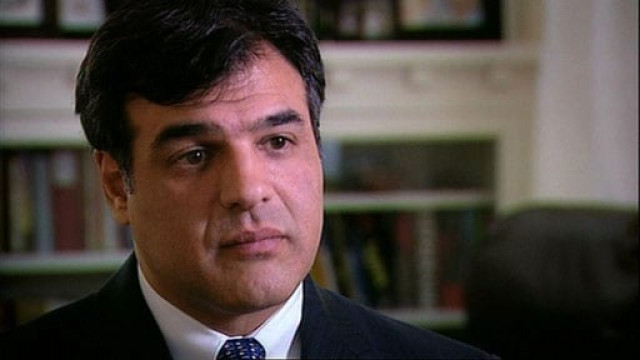'Reluctant' CIA spy pleads not guilty to leaking charges, gets bail
Kiriakou had previously revealed the CIA's use of waterboarding of al Qaeda suspects.

'Reluctant' CIA spy pleads not guilty to leaking charges, gets bail
John Kiriakou, who had previously revealed the CIA's use of waterboarding of al Qaeda suspects, was formally read charges Friday in federal court in Alexandria, Virginia.
After a hearing scheduled for July 20, his jury trial is set to begin November 26, the judge announced.
An indictment returned by a grand jury accused Kiriakou of one count of violating the Intelligence Identities Protection Act and three counts of violating the Espionage Act.
The indictment also accused him of making false statements to the CIA in an unsuccessful attempt to trick the agency into allowing him to include classified information in his 2010 book, "The Reluctant Spy: My Secret Life in the CIA's War on Terror."
The charges of leaking secrets each carry a potential prison term of 10 years, while the false statements charge carries a possible five-year prison sentence.
Kiriakou first came to public attention in an interview with ABC News in December 2007 in which he became the first US official to describe how top al Qaeda operative Abu Zubaydah was subjected to waterboarding, a technique widely viewed as torture.
The former CIA operative acknowledged later in his memoir, however, that he was not present when the interrogation took place.
A CIA intelligence officer between 1990 and 2004, Kiriakou was accused in the indictment of leaking information to reporters anonymously identified as "Journalist A" and "Journalist B."
The charges stem from an investigation into classified information, including photographs of a CIA official, that found its way into classified filings by defense lawyers representing detainees held at Guantanamo Bay, the US naval base in southern Cuba.
The indictment claims Kiriakou was a source of information for a June 2008 New York Times article that identified a CIA operative and revealed other classified information.
Kiriakou also was alleged to have lied to a CIA review board while he was seeking permission to publish a book about his experience.
In the book, Kiriakou sought to include information about a "magic box," which was said to be a CIA scanning device allowing the agency to track al Qaeda suspects in Pakistan through their mobile phones.
He told the CIA review board that he had "fictionalized" that information when in fact he had not. The "magic box" technique was also described in The New York Times.



















COMMENTS
Comments are moderated and generally will be posted if they are on-topic and not abusive.
For more information, please see our Comments FAQ